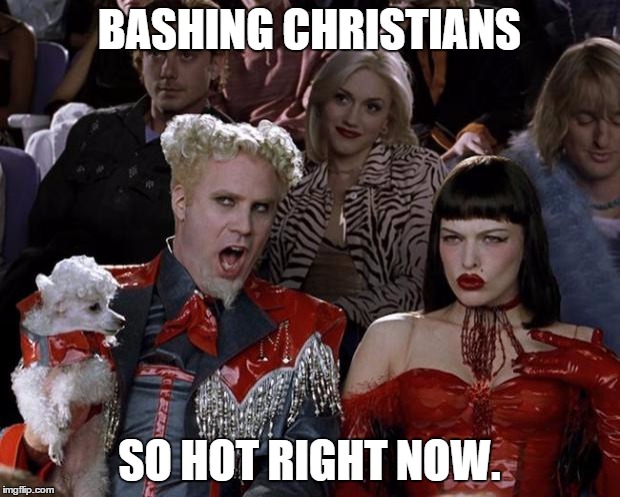Your point raises an important discussion about the source and nature of morality. While it's certainly possible to ground moral norms in human wellbeing and social flourishing—as many secular moral theories do—the Catholic position is that such an account ultimately lacks the objective, transcendent foundation that many believe is necessary for genuine moral order.
From a Thomistic perspective, morality isn't merely about societal norms or subjective preferences. Instead, moral values are rooted in the very nature of human beings as created in the image of God. This means that objective moral truths exist, independent of human opinion, because they reflect God's own nature and order. For example, the idea that 'something cannot come from nothing' underpins not just cosmology but also the notion that there is an ultimate source of goodness and truth.
The argument that even if one could disprove God, one might still pursue care and love for others, does capture an important observation: many people have a natural moral sense. Catholic philosophy, however, would argue that this natural moral sense is a reflection of the divine image within us—a participation in the eternal law. In other words, even our natural inclination to love and help others is evidence of a moral order that points beyond mere human constructs. Without a transcendent source, one might say that morality becomes contingent, relative, or ultimately arbitrary, because it lacks an absolute standard.
Moreover, when we speak of norms based solely on human wellbeing, we often have to ask: why is human wellbeing intrinsically valuable? The Catholic answer is that human beings possess inherent dignity because they are created by God, and that dignity is not self-generated but bestowed by a Creator. Thus, the existence of God provides a grounding for morality that is both objective and universally applicable.
While a secular grounding of morality in human wellbeing can offer compelling practical guidance, Catholic philosophy contends that only a transcendent, divine source can adequately account for the objective nature of moral truths, making morality more than just a matter of personal or societal preference.


